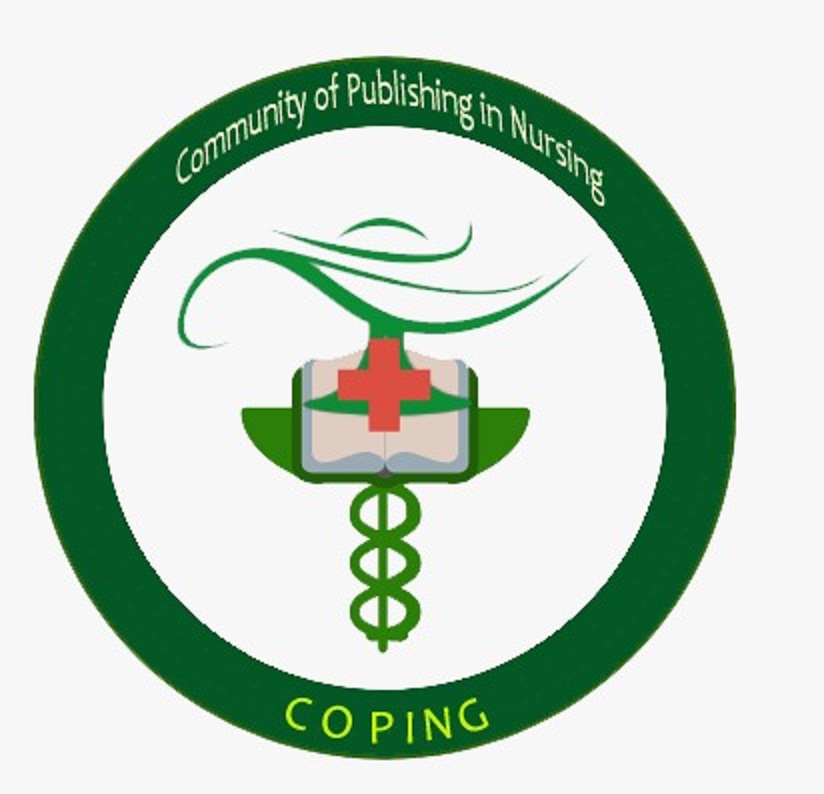PENGARUH PEER EDUCATION TERHADAP PERILAKU PERSONAL HYGIENE GENETALIA DALAM PENCEGAHAN KANKER SERVIKS PADA REMAJA PUTRI
Abstract
Cervical cancer is a malignancy that occurs on the cervix, caused by the Human Pavilloma Virus (HPV) and it can arise due to personal hygiene of female genital organ poorly. The purpose of this study is to determine the influence of peer education againts the personal hygiene behavior of female genital organ in cervical cancer prevention. Type of research used is pre experimental approach with one group pre-post design. The sample consisted of 41 persons who were selected by systematic random sampling. The results of the analysis data used the Wilcoxon test and it was obtained the significant average difference with knowledge has a value of p = 0.000; ? <0.05, attitude has a value of p = 0.000; ? <0.05 and action has a value of p = 0.000; ? <0.05, it means that peer education effects the change of personal hygiene behavior of the female genital organ in the prevention of cervical cancer in teenage girls. The health education through peer education againts the personal hygiene behavior of female genital organ can be able to simultaneously empower and make independent teenage girls in acquiring knowledge that will be shaping positive attitudes and behavior. It is expected that the school management plan of PKPR which is forming peer groups in every school in order to improve teen’s knowledge of reproductive health.Downloads
Download data is not yet available.
Published
2015-04-05
How to Cite
ERVYNA, Ayu; UTAMI, Putu Ayu Sani; SURASTA, I Wayan.
PENGARUH PEER EDUCATION TERHADAP PERILAKU PERSONAL HYGIENE GENETALIA DALAM PENCEGAHAN KANKER SERVIKS PADA REMAJA PUTRI.
Coping: Community of Publishing in Nursing, [S.l.], v. 3, n. 2, apr. 2015.
ISSN 2715-1980.
Available at: <https://ojs.unud.ac.id/index.php/coping/article/view/10811>. Date accessed: 25 feb. 2026.
Section
Articles
Keywords
Cervical Cancer Prevention; Peer Education; Personal Hygiene Behavior






